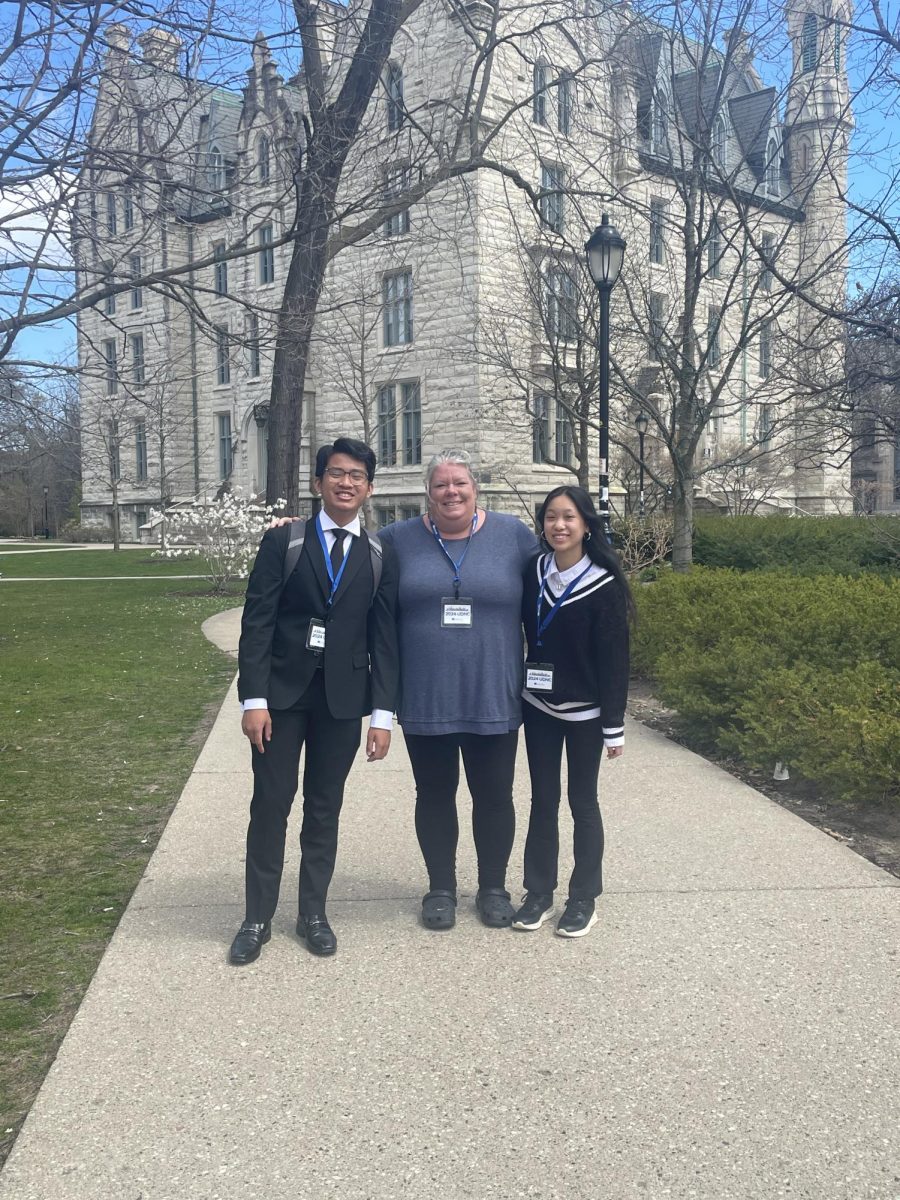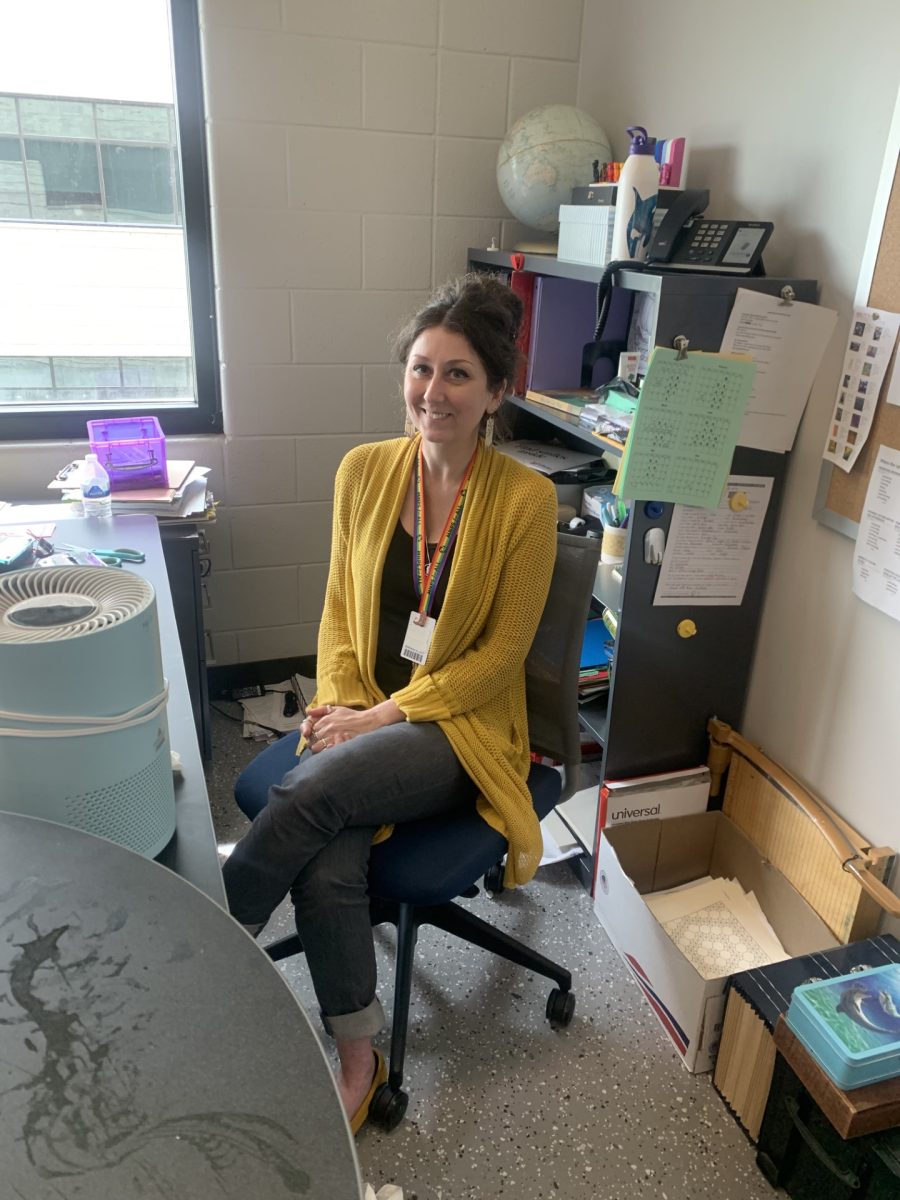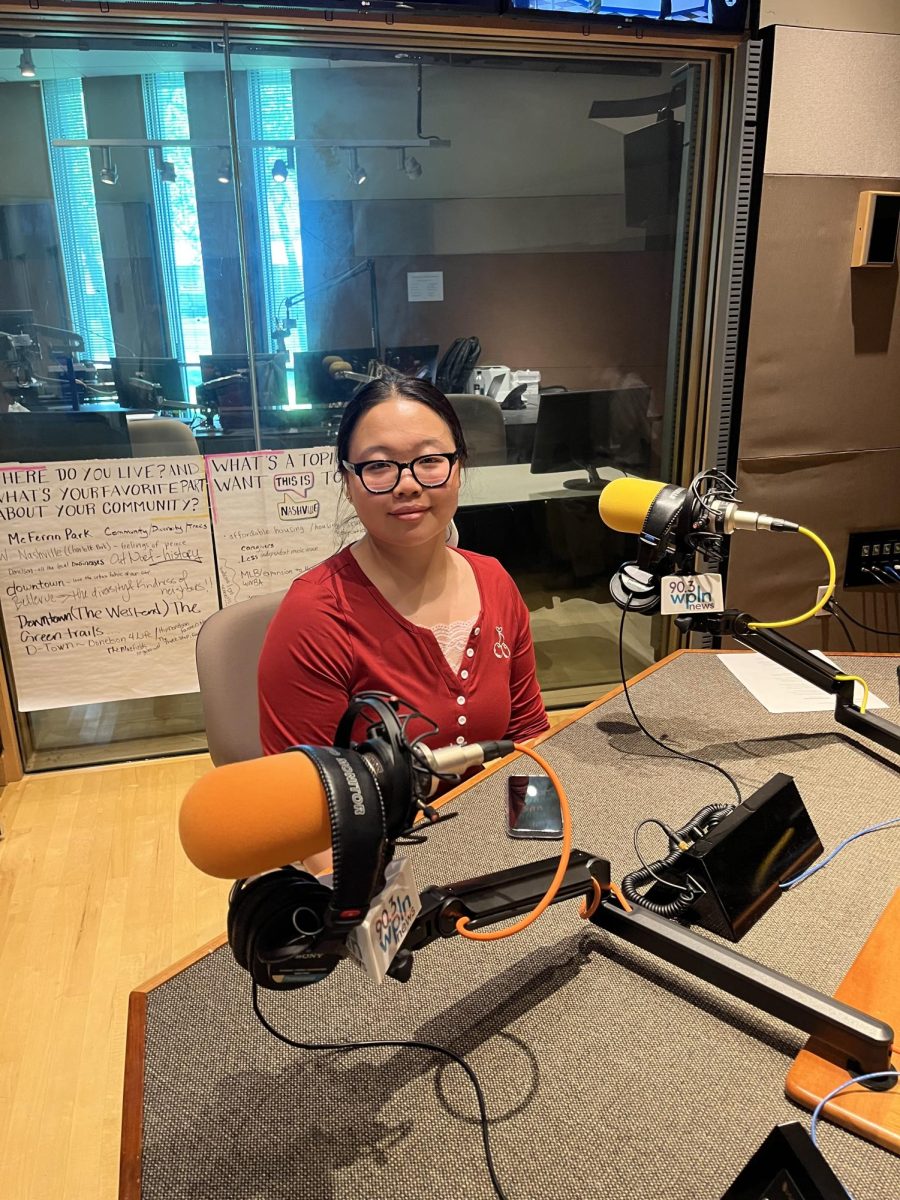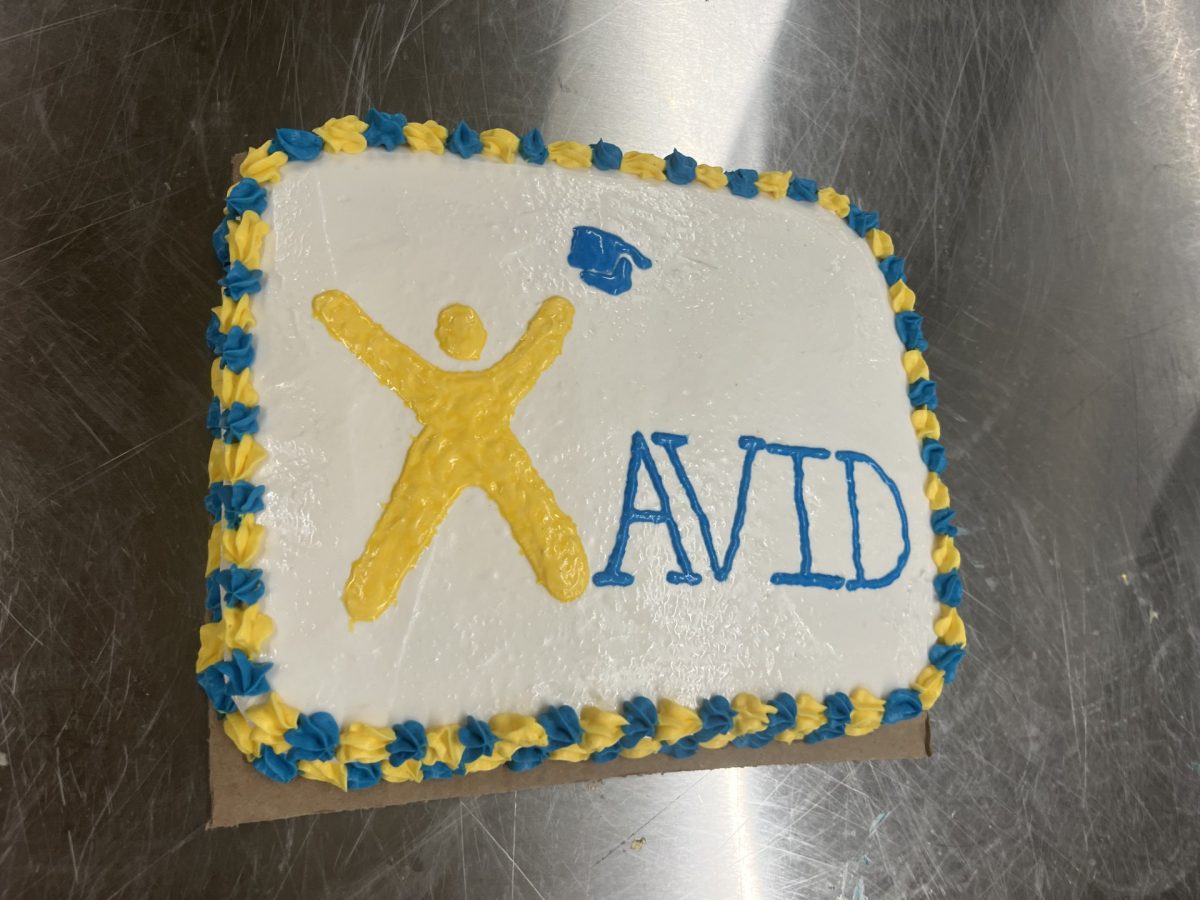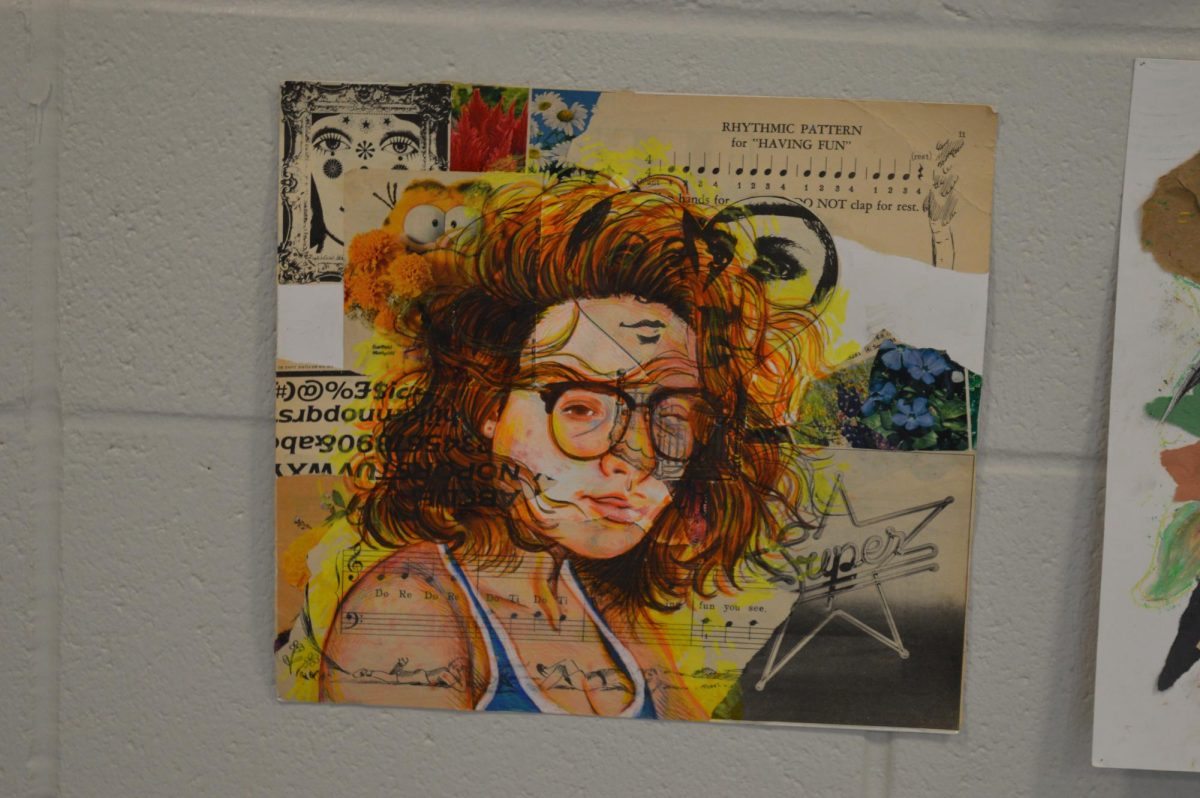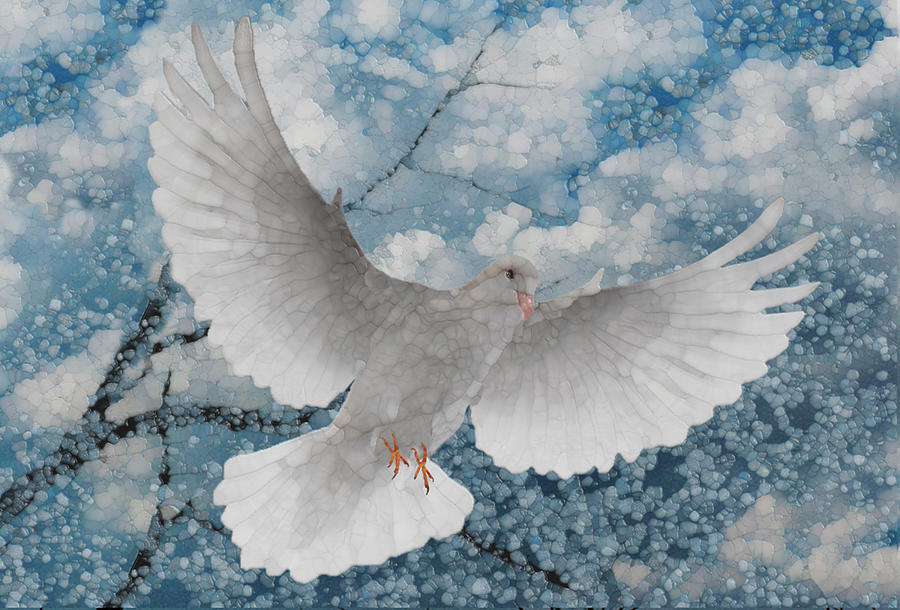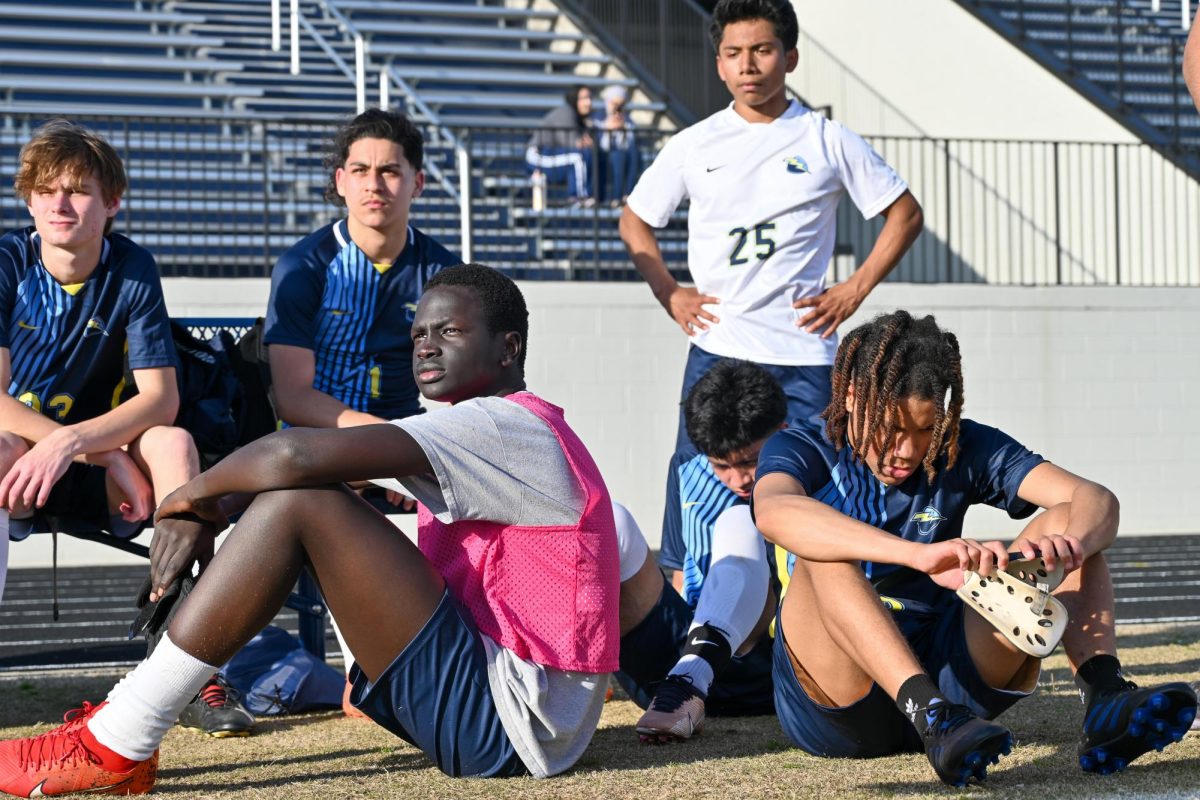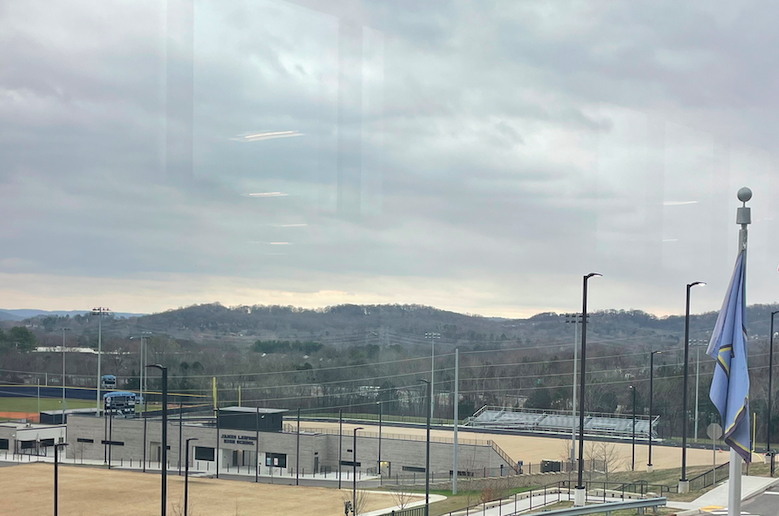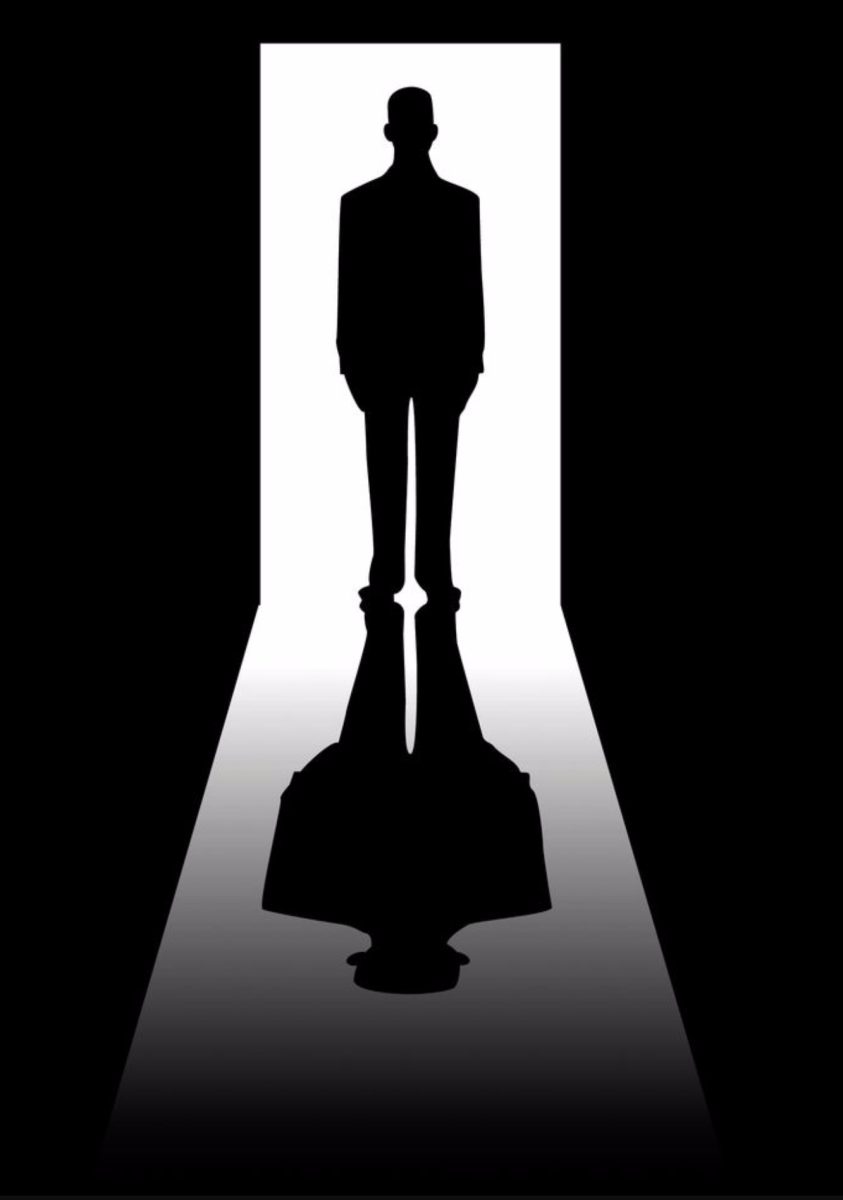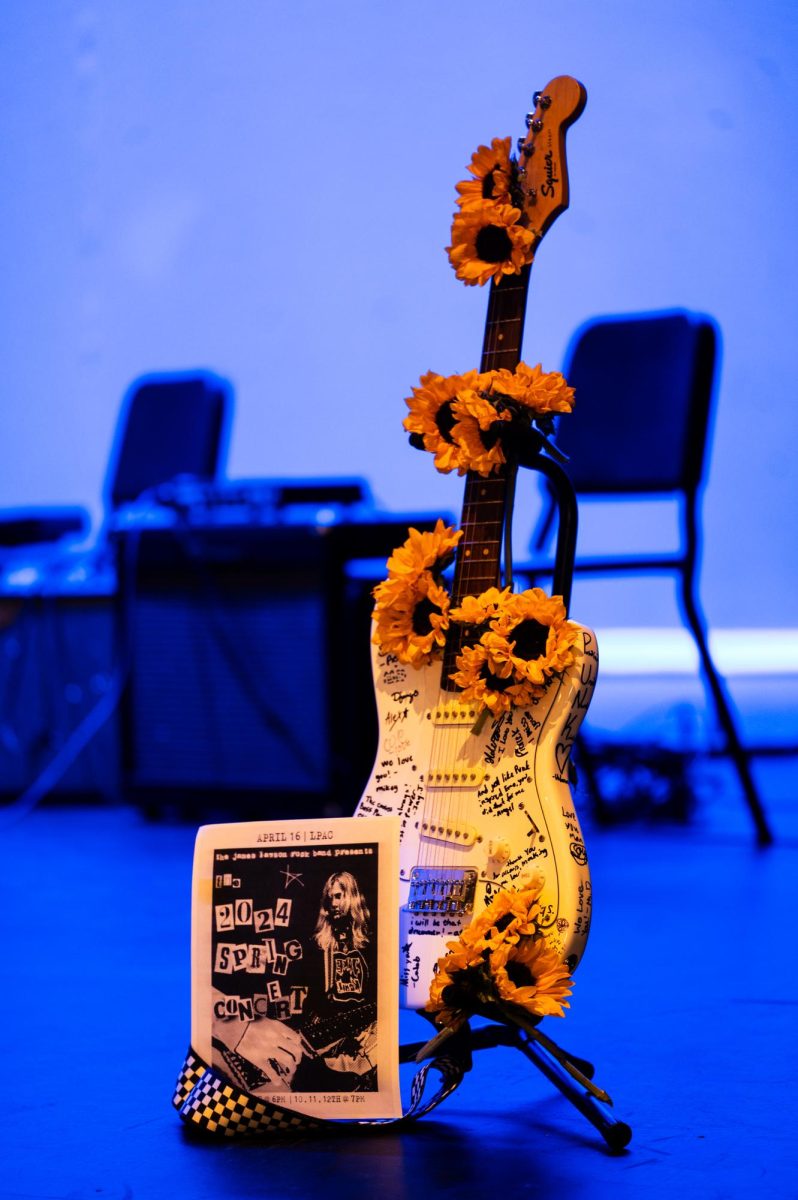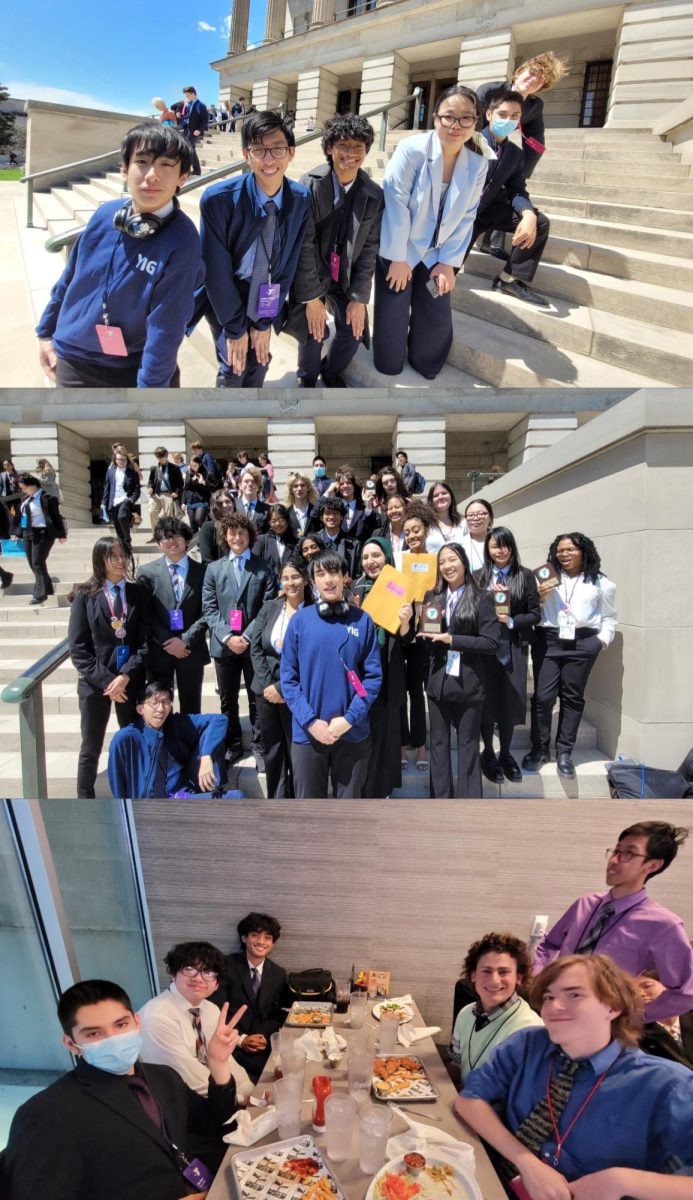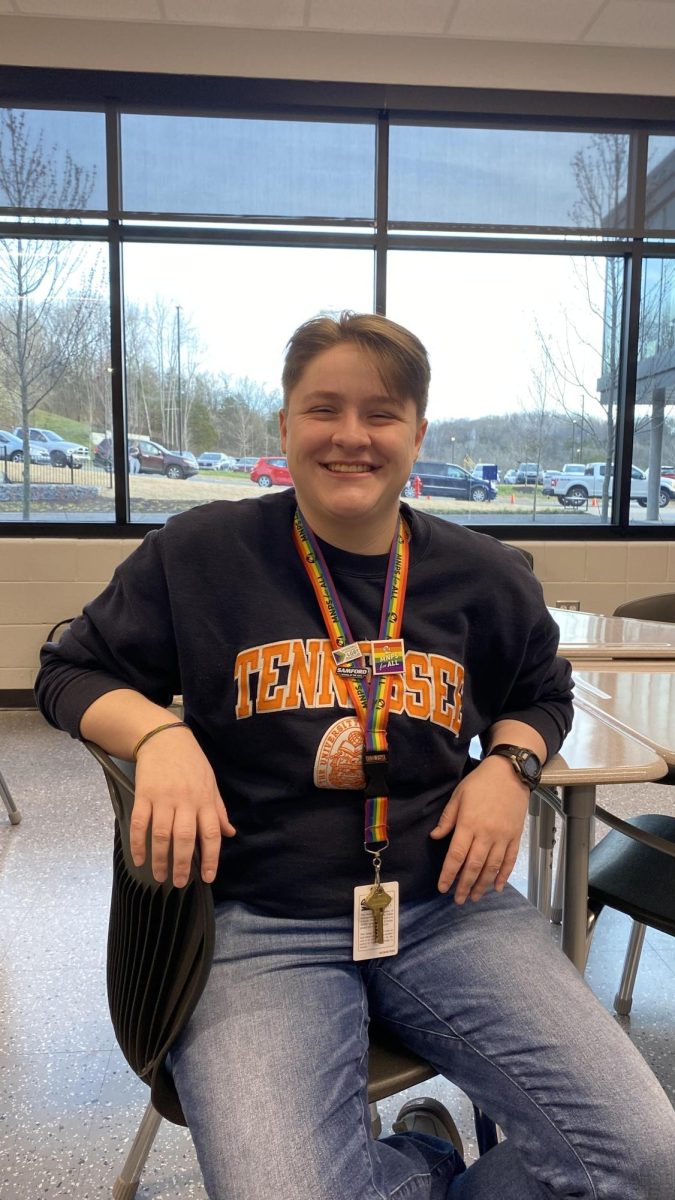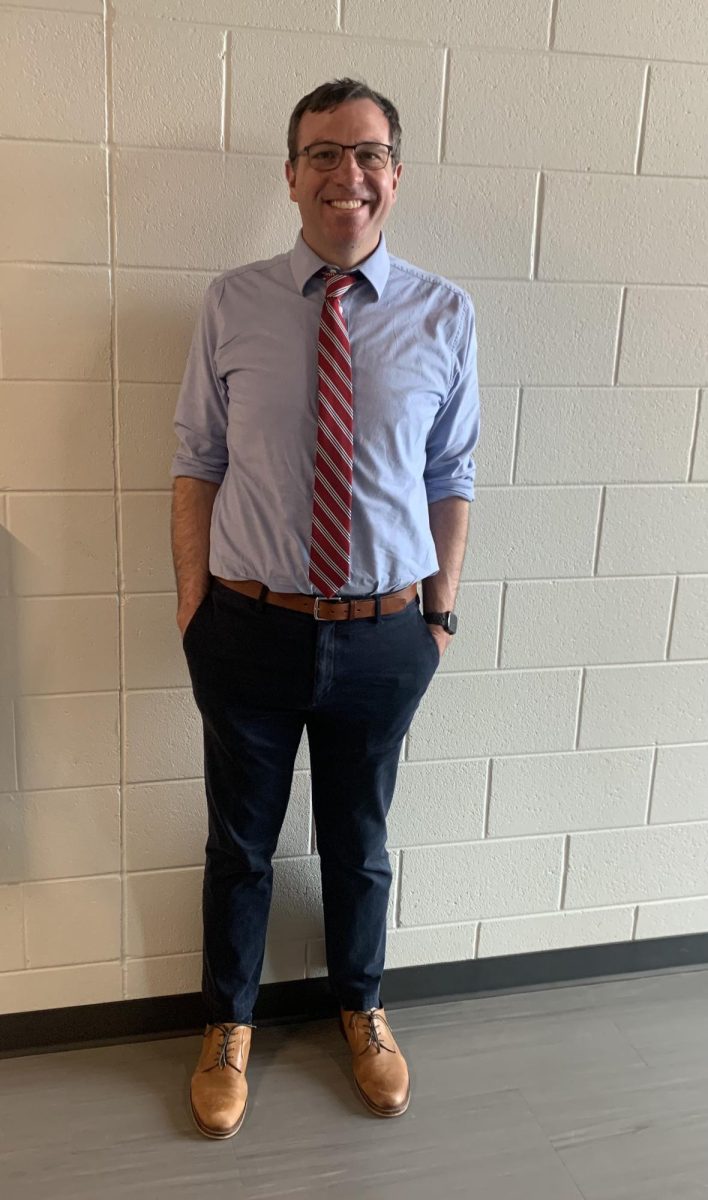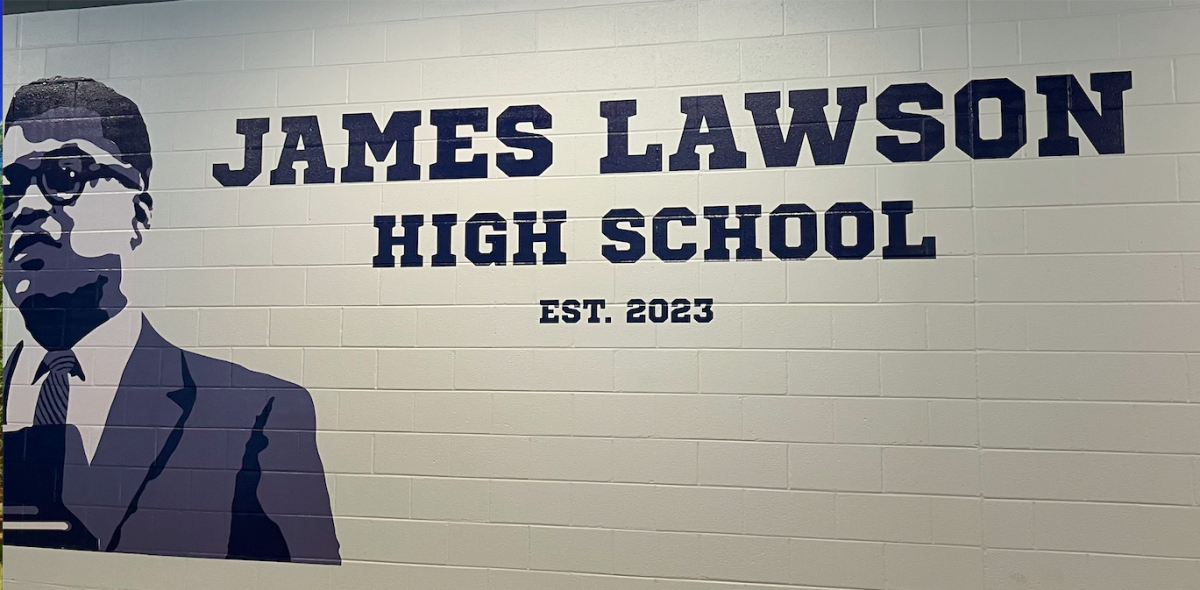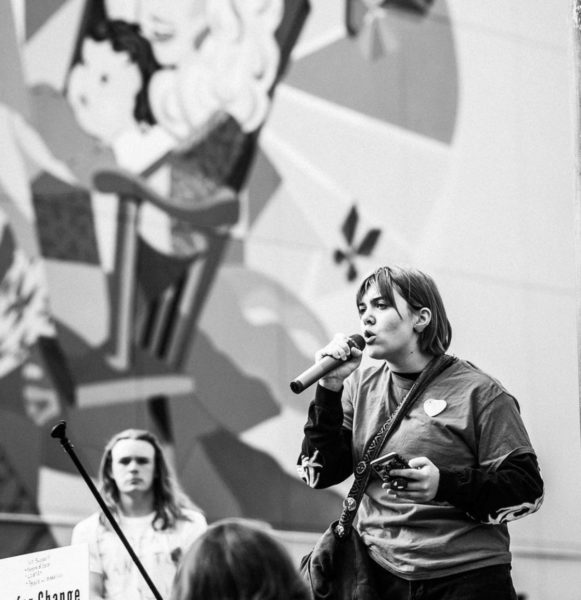Grief is a strange thing.
People say there are five stages of grief, and in a way, I agree with this. But I feel like there’s more to it. There’s got to be.
The hurdles and obstacles the mind jumps through when experiencing loss are. An indescribable feeling. It almost seems impossible even to put my emotions into words.
What is grief? How do I see it? How do others see it? How do we get past it? All these questions fill my brain as I try to mourn the loss of a loved one.
These questions have been debated and obsessed over for thousands of years, yet we as a society have never come up with concrete answers. Now, I’m not about to claim that I have solved the mystery of grief, though it would be awe-inspiring if I did. What I am going to do is attempt to convey my thoughts, emotions, and opinions on the different aspects of grief, starting with one of the biggest mysteries of all: life after death.
I am no stranger to loss. As a young child, I lost my great-uncle to a battle with cancer. I lost my great-grandmother to age, my grandfather to dementia. And in the last year, I also lost another great-grandmother to cancer. As a child, my family never ignored the topic of death. I come from a variety of backgrounds and was raised in three different religions.
The idea of an afterlife has always been a strange concept to me. I think this is because I learned of so many different beliefs about the afterlife, that my brain never fully absorbed any specific one. One side of my family raised me as a Christian. According a Christian ministry, Cru, “The Bible teaches that God has set eternity in the hearts of humans (Ecclesiastes 3:11). This is one reason why death makes us sad; we were not made to end. There are many passages in the Bible that make it clear we do not cease to exist when our earthly bodies die.” According to Daniel 12:2, “many of those whose bodies lie dead and buried will rise up, some to every lasting life and some to shame and everlasting disgrace.” This refers to the godly people of the world as sent to heaven, while the sinners descend to hell.
Now, being told I was going to go to heaven when I passed gave me some comfort. For a while, I found myself disillusioned and confused when I learned of other religions and their beliefs. I was also raised a Baha’i. Cru describes Baha’i as, “a faith that teaches that at death, the body dies, but the immortal, rational soul continues in the spiritual realm and grows toward perfection. The prayers of people still on earth and good deeds done in the name of the person who died can help a soul progress in the next world. Though Baha’i teaches the truth of all religions, it does not promote the idea of physical heaven and hell. Instead, references to heaven and hell are to be taken figuratively and symbolically. Baha’is do not believe in reincarnation.”
I found myself as a child asking myself which one is true. Are they both? Do people of different faiths go to different places? Does that mean I will be separated from my loved ones after I die?
All these questions filled my young brain. The mystery only added to my fear. I also have some family who are Islamic. They believe in immortal souls after death; all people should be resurrected, and they truly face a final judgment that will either send people to paradise or hell. Now, these are very oversimplifications of these religions, and a lot more goes into the beliefs, but these different faiths impacted my perspective of death.
We humans have no idea what comes after life, and because of that, we tell ourselves that as long as we do certain things, everything will be ok. But will everything be ok? Do we surround ourselves with these religions solely to comfort ourselves, or is there more to it? Beyond the afterlife, a considerable part of religion is community, and grief shares the same characteristics.
Through the last three weeks of grief, I have found myself feeling less of a human and more of a wallflower, a spectator watching from the sides. I have put my entire soul into trying to provide support for others, organizing memorials, and generally trying to help people heal. I don’t say this to make myself sound like a saint. I haven’t been perfect; no one has. Yes, I have experienced loss before, but never one so close and so traumatic. It’s taken a toll on me, on everyone. But instead of joining others in grief, I have found myself more watching on the side, watching life unfold.
One of the things I’ve noticed is the community around me. Listen, this is high school. No matter how many campaigns, posters, and assemblies we have, there will always be drama. Cliques and bullies will always be around even if it isn’t visible. I might not always be aware of current events, but I understand who likes each other and who doesn’t. But the thing is, in the past few weeks, I’ve seen these separate groups start to merge. People I overheard making fun of others last month are now hugging and talking together. And it’s all because of one thing: grief. We all loved this one person. It’s what we have in common.
The most beautiful thing I’ve seen is the hospital itself. Every day, my brain replays the hours. The sitting, the waiting, everything about it spins in my head like a whirlpool. I was only there twice. Two days.
The longest two days of my life.
Millions of emotions lingered in the air — confusion, anxiety, love, fear, disappointment, hope — as I waited with the others. My only sense of comfort was that as the hours passed, more and more people came to support me. Acquaintances, strangers, friends. Many different backgrounds and lives are coming together in this little waiting room. And for just a moment, all our differences seemed to melt away as we all focused on one thing: him.
That’s another tricky thing about grief: the person you are mourning. Recently, someone described death to me as “the ending of a relationship,” but honestly, I did not agree. It’s way more than that. It isn’t a breakup or a falling out with a friend. It’s an irreversible change. Not just the end of my relationship but the end of everyone’s relationship. I’m not just thinking about my loss. I’m thinking about everyone. His sweet mother, beautiful girlfriend, brand new kitten, friends, teachers, and even people he might not have liked. They all lost a relationship. Of course, just because he’s gone doesn’t mean the friendship doesn’t exist. As I grow old, he will always be a friend in my mind. But it’s hard to wrap my head around the fact that the friendship will never progress. I treasure my memories but struggle to accept that I will never make more. This is it.
Memory is an essential part of grief. Over the past weeks, I’ve been obsessing over keeping his memory alive. I don’t go a day without dedicating something to him. Art, writing, photos. These constant, small, temporary dedications I keep pushing out in an attempt to keep him alive. I don’t want to forget him. I don’t want anyone to. A selfish part of me wants everyone to stay like me and sit in our sadness, mourning him forever. I know he wouldn’t have wanted that. But do I actually know that? Everyone tells me that “he would have wanted me to be happy and move on,” but they don’t know. Of course, I know he was the sweetest boy who cared about his friends, and in theory, he most likely didn’t want me to stay in my grief. But I don’t know that for sure. The fact that I will never know what he wants keeps me up at night. I feel guilty doing anything that makes me happy because, in my eyes, I should be mourning him instead. We had posters for him around the school for a week, but they are gone now. Will he fade from the school’s memory?
The last thing about grief I would like to mention is isolation. As I mentioned, when I was in the hospital, I felt a connection through everyone there. Unfortunately, as time passes, I think the connections fade. I tried organizing events to keep the community together, but it only made me stressed, which isolated me more.
Krist was the one who connected everyone, even if he never realized he did. The farther I drift from his friends, the farther I feel from him. I want to surround myself with everything that made him. Everything he loved. I’m desperate to latch on to him so he doesn’t leave. But I only find myself isolated in my grief.
So, in the end, I don’t have any answers to my questions. I don’t know what grief is. I know what it partly is to me, but that’s it. I don’t know how to move past it. All I know is how to go through the motions. I don’t know how others see it. I don’t think I ever will. The mystery of grief is a tough case to crack, and I absolutely won’t be trying anytime soon. The only thing I know is that I miss my friend.
I think that’s the only thing I will ever know for a while.



